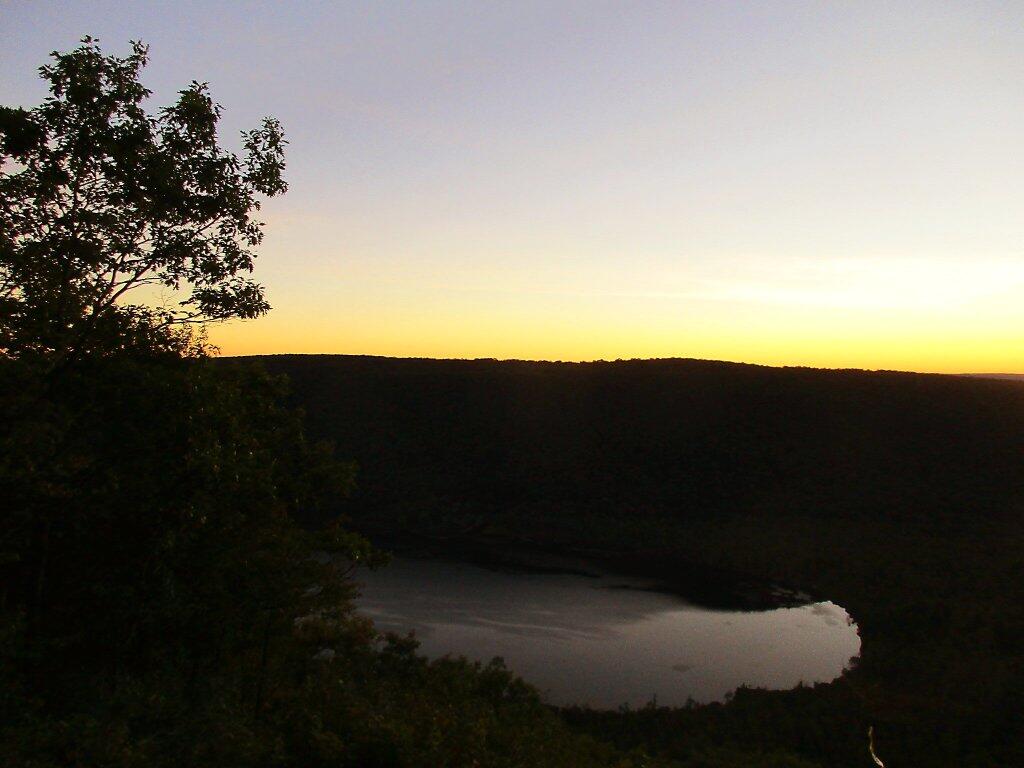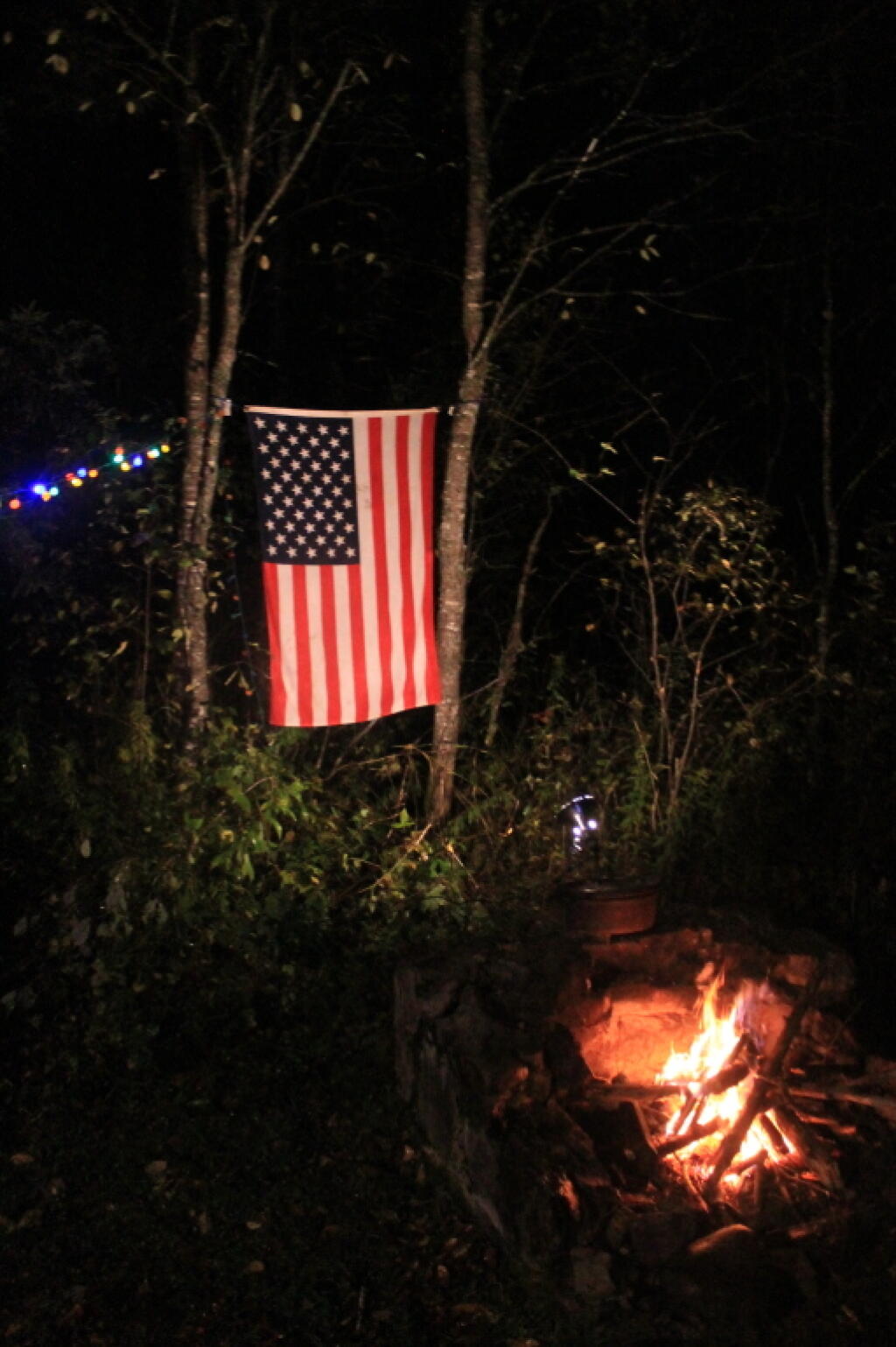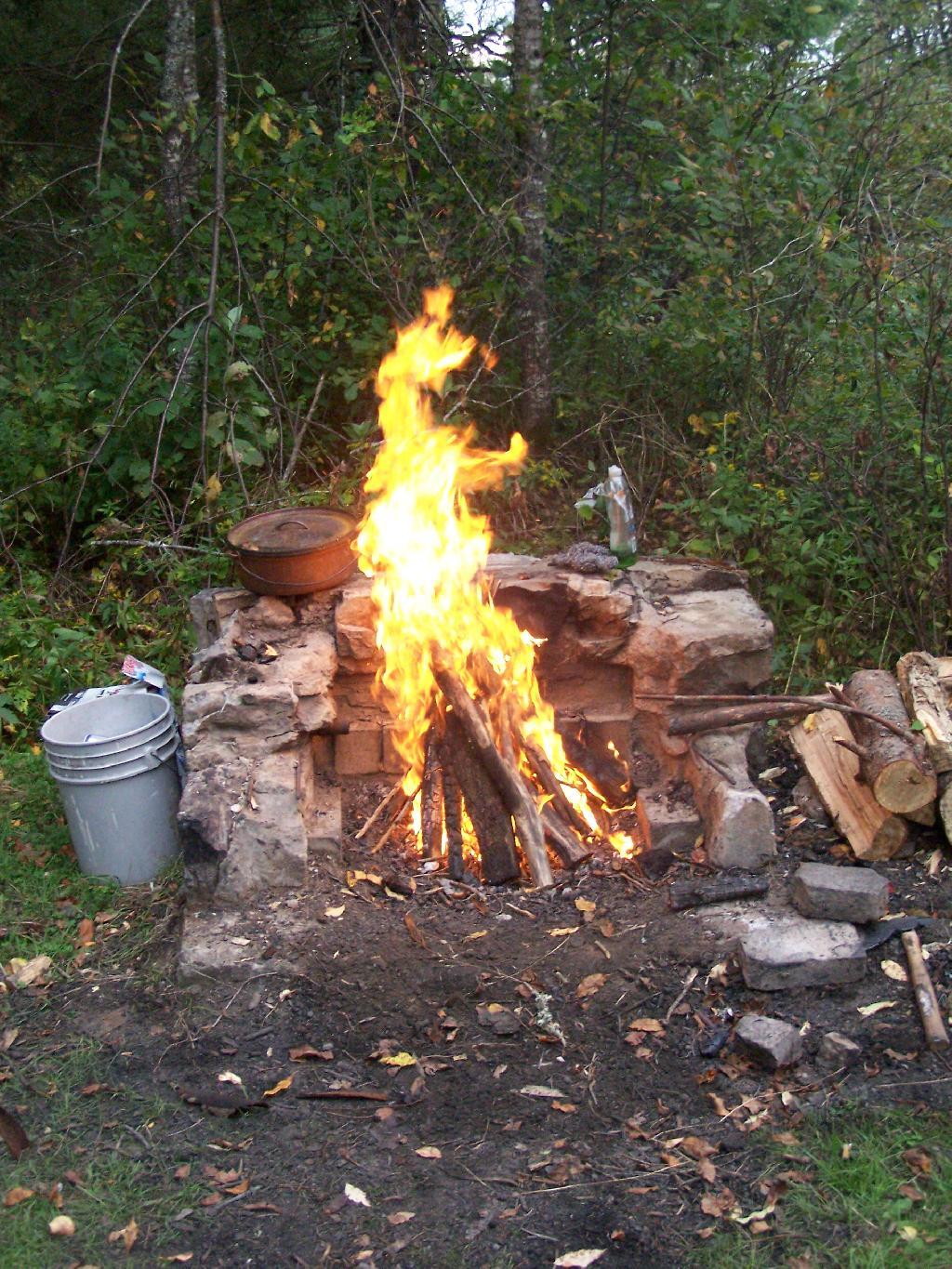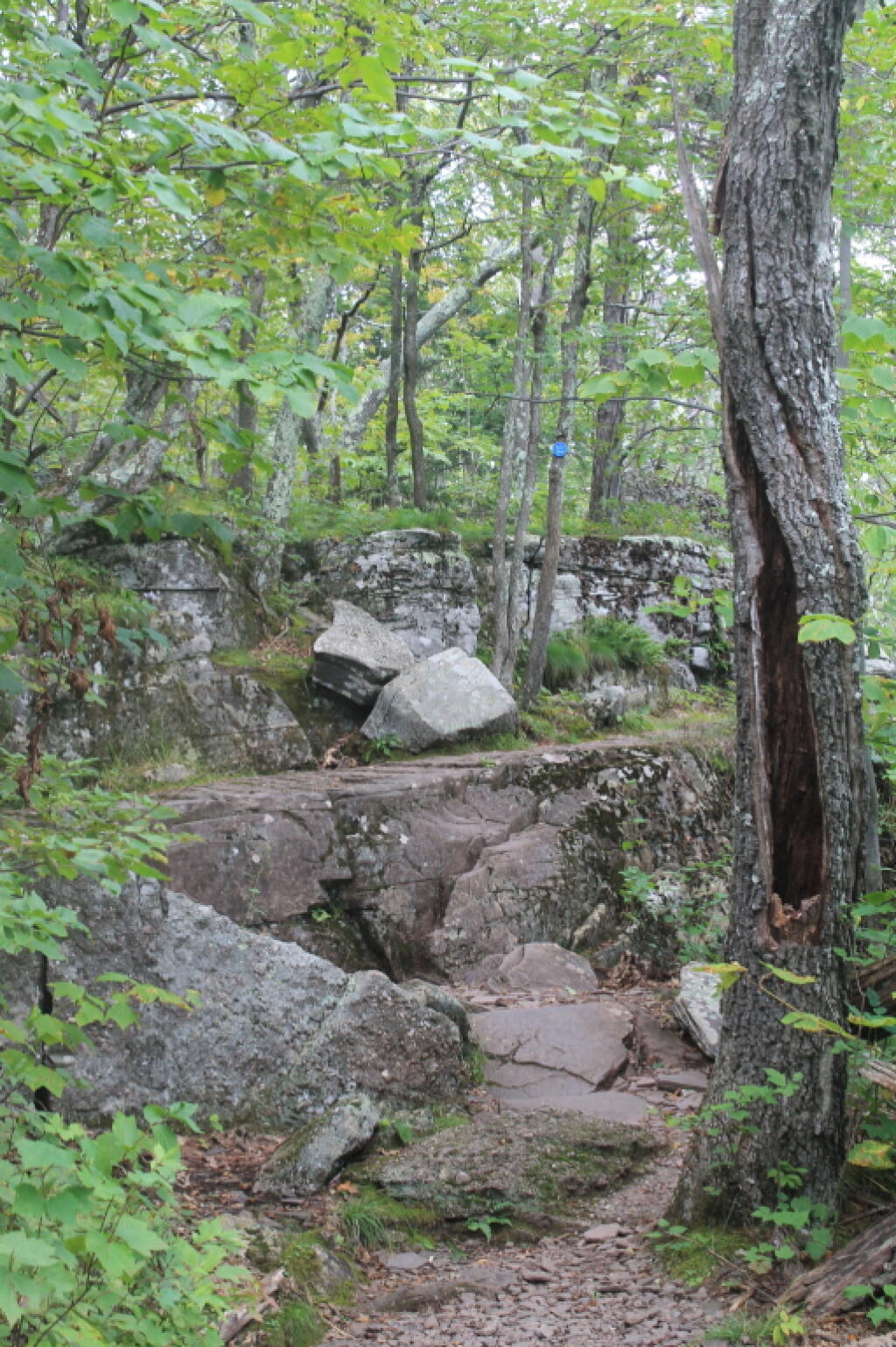The politics behind the term first responder
The other day I was wondering when the term “First Responder” came into common use and what the politics were behind the use of the term🚔. “First Responder” is a generic term used to describe government employees such as police, firefighters, and emergency medical technicians.🚒
Looking at Google n-gram it appears that “First Responder” came into common use around 1976. 🚑That was an election year for President Ford, two years after President Nixon resigned after the Watergate scandal. Confidence in the government has fallen to historic lows, many people believed there was few things that government could do right.😕 Police, especially local agencies, had lost the public’s confidence due to widely reported stories about brutality and the poor and often crude way they handled protests during the 1960s.
First Responder is a term that evokes the sense that police not only enforce the law,⚖️ that they also are the first ones to arrive upon emergency scenes – and in some cases do first aid and basic rescues.🚨 It brands them more as helpful people in emergencies and less about enforcing sometimes unpopular laws laid down by legislatures.
1976 was a big year for police trying to recover their branding. Police departments had a political need to demonstrate that law enforcement does more than ticket people for going faster than 55 on expressways🚓 or jailing colored folk for possessing small amounts of drugs. 💊At the same time, in the 1970s, police could legitimately say that the they had greater training and experience and really could offer greater services then arresting people, and writing tickets.🏨
At the same time, many liberals embraced the pro government notion of first responder. 👪 First Responder as a term also in many ways is a push back against citizen activism, the desire of citizens to arm themselves against criminals, learn CPR and take action without government involvement. ✊ If police, firefighters and EMTs are First Responders what roll does a citizen have in an emergency besides dialing 911 – if even that? 🔥 Absolutely none if the term is to be taken in its literal sense. Dial that number, leave it to the professionals in the government suggests the term🚒. No need for ordinary citizens to own guns, we have first responders. 🔫
After September 11th attacks in 2001, the term First Responder became popularized again. 🌆 It was used to emphasize the sacrifice of government workers – police, firefighters and EMTs who lost their lives when the towers collapsed.😳 Possibly a way for newspapers to save ink, it also was a term to undermine the heroic actions of ordinary citizens, in helping their neighbors and friends. 👫It emphasized the professional – unionized and represented🏢 – over the ordinary citizen who took action to save the lives of one’s neighbors without a government check.💰
Meet the Most Toxic Plant in North America – Atlas Obscura
Still Bright In The Rain
Campfire Flares Up
Nothing like starting a campfire, soaked in gasoline, and watching it flare on up.
Taken on Saturday September 4, 2010 at Moose River Plains.Observation
I was noticing how much the sun angle has changed since summer from my office window this afternoon. By the five o’clock hour the shadows really hang over downtown. In a week or so the sun will be setting before seven and the air has a noticeable chill to it.



